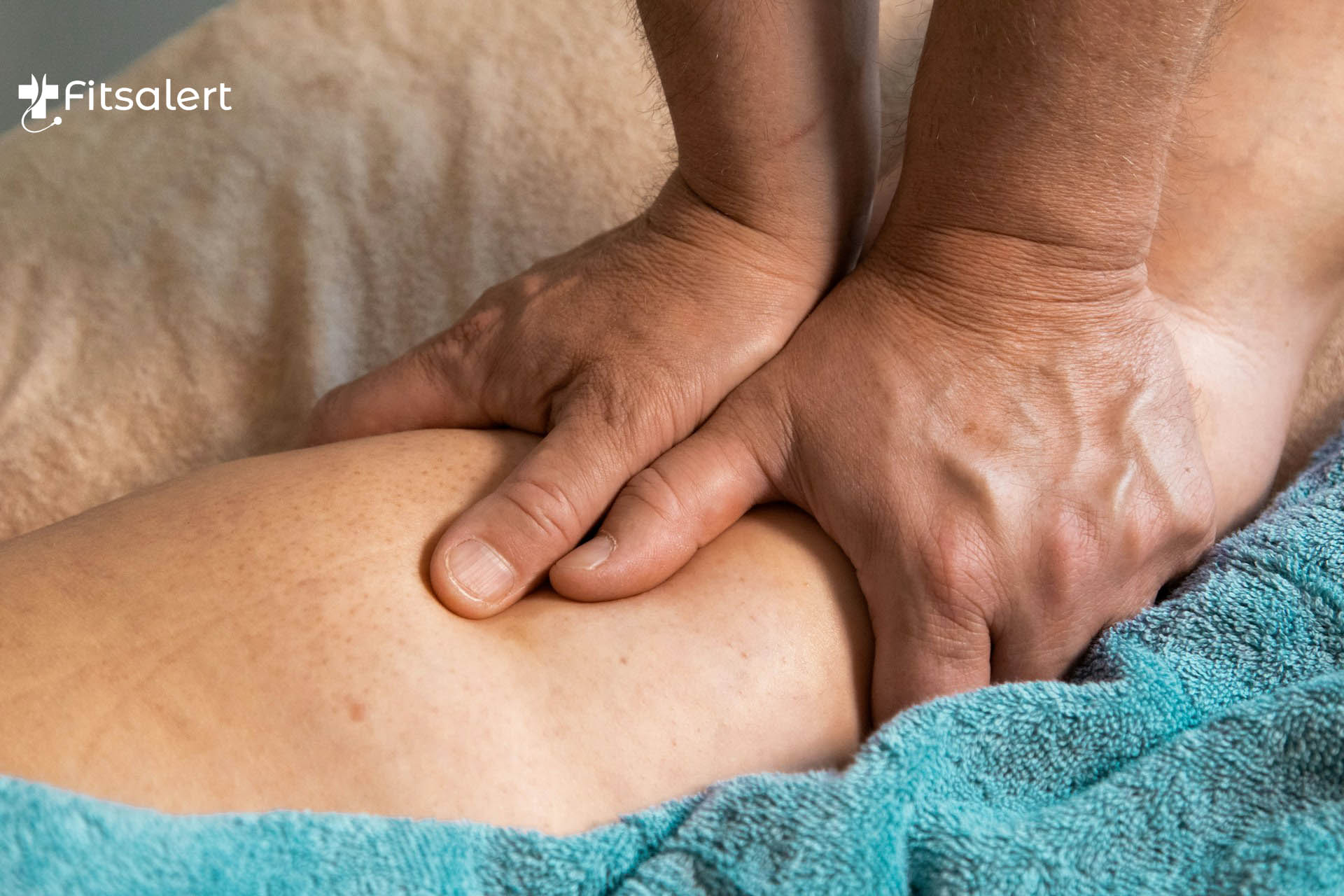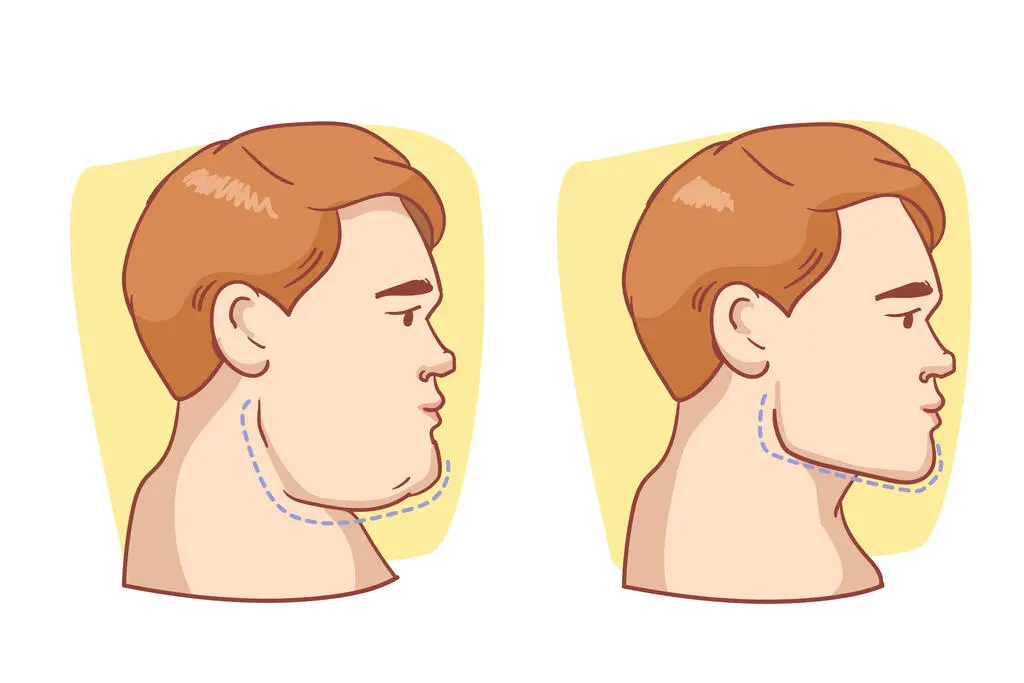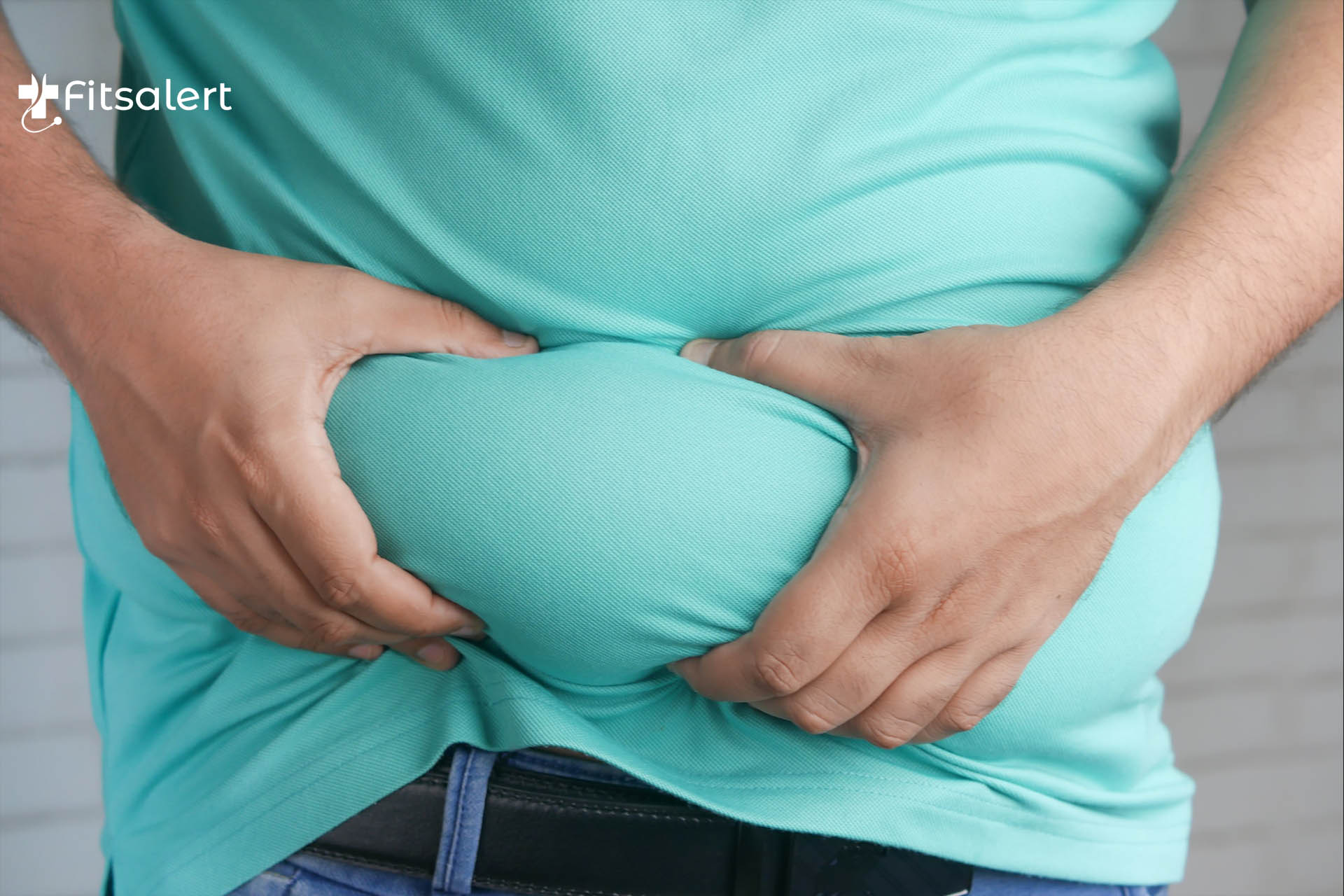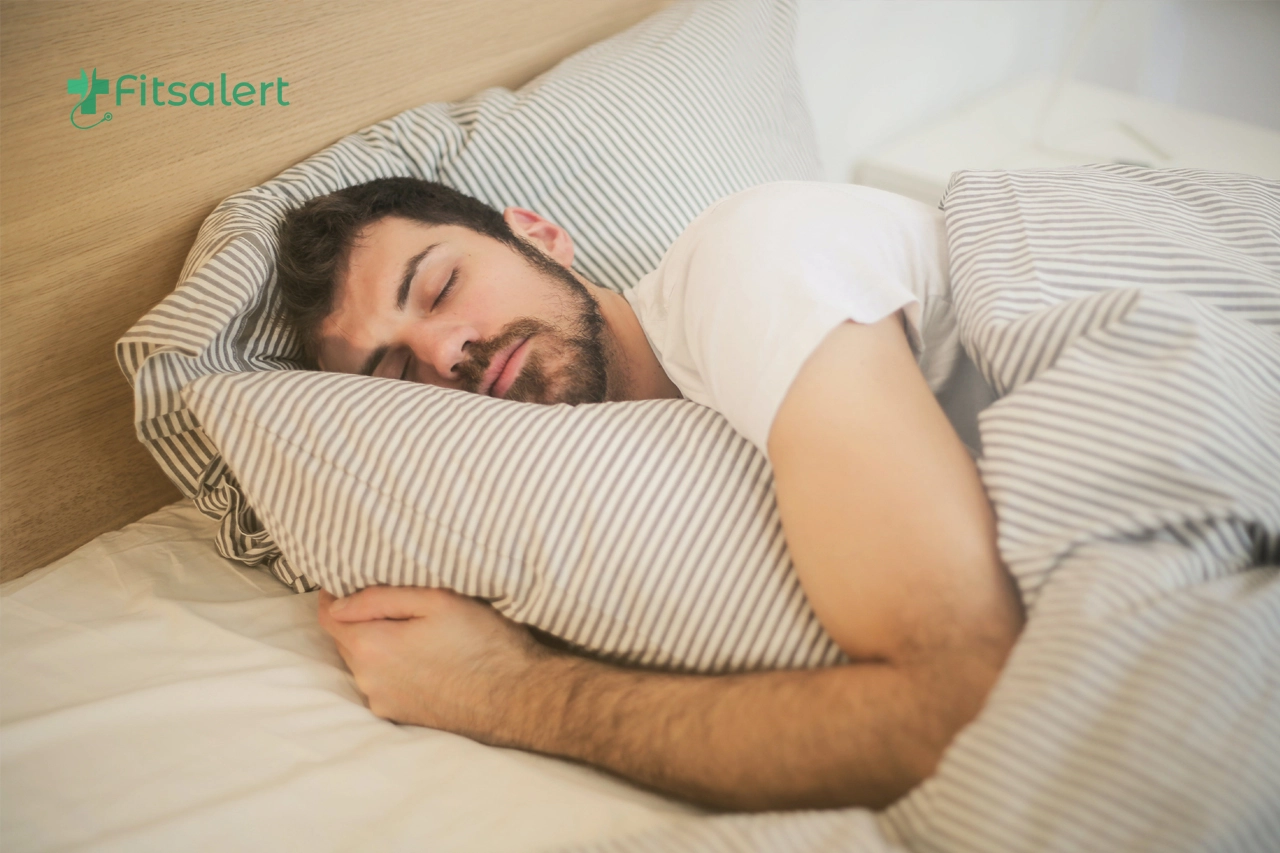When experiencing a leg cramp, taking a break and gently stretching the muscle can aid in relaxation. Additionally, staying hydrated and adjusting your diet might be beneficial in preventing leg cramps from occurring.
What are Cramps?
Muscle cramps occur when a muscle contract involuntarily, often resulting in a hard lump at the affected area. These cramps are typically caused by muscle fatigue, overuse, dehydration, or inadequate intake of electrolytes like potassium and magnesium, which are essential for smooth muscle function.
While most cases of muscle cramps are not concerning, individuals aged 65 and older are more susceptible, and certain conditions like alcoholism, hypothyroidism, or diabetes may increase the risk. If cramps occur frequently, consulting a doctor is advisable. In the meantime, there are several self-care remedies worth trying.
Stretching for Leg Cramps
Ease the tension in the cramped muscle by halting any activity that triggered it and gently stretching the muscle. Consider massaging the muscle as you stretch or afterward. Applying a warm heating pad to the area following stretching may also provide relief.
If a calf muscle cramps during the night, stand up slowly and put weight on the affected leg to stretch out the muscle by pushing the heel down.
Consuming Magnesium
If you frequently experience leg cramps unrelated to any serious health condition, consider increasing your magnesium intake. Nuts and seeds are rich sources of magnesium. Magnesium has shown potential in alleviating muscle cramps in pregnant women.
Although further research is necessary. If you’re pregnant, consult your doctor before taking magnesium supplements.
Heat for Leg Cramps
Many fitness experts and healthcare professionals advocate for the use of magnesium in the form of Epsom salts for managing leg cramps. You can easily find a variety of Epsom salts online. One way to use this remedy is by applying it to a wet cloth and placing it on the cramped muscle.
Alternatively, you can add Epsom salts to a hot bath for a soothing soak. Even without Epsom salts, a hot bath can provide relief for many individuals. Additionally, dry heat from a heating pad may be beneficial. There are numerous heating pad options available online, but it’s essential to start with the lowest setting and increase heat gradually if necessary.
However, individuals with conditions like diabetes or spinal cord injuries that may affect heat sensitivity should avoid using a heating pad.
Staying Hydrated
Staying hydrated can be another effective method to alleviate cramps. While it may take some time to feel relief, consuming water or a sports drink rich in electrolytes can help prevent future cramps.
Causes of Leg Cramps
Leg cramps, also known as Charley horses, can be incredibly painful and disruptive, especially when they occur during sleep, startling you awake with their sudden intensity.
Fortunately, there are ways to prevent these cramps from happening. Keep reading to discover their triggers and effective methods for finding relief.
Lifestyle can Cause Leg Cramps
Certain activities increase your susceptibility to leg cramps, particularly those that heavily engage the leg muscles, such as:
- Engaging in recreational running
- Performing leg-focused weight training
- Participating in sports involving extensive running, like soccer or basketball
According to some experts, muscle fatigue ranks as the primary culprit behind leg cramps, especially when muscles are fatigued in hot weather or due to inadequate hydration.
To prevent leg cramps triggered by physical activity, ensure adequate hydration and avoid exercising when fatigued.
Medical Reasons
Pregnancy and certain medical conditions can elevate the risk of experiencing leg cramps. Consult your healthcare provider if you’re pregnant or have any of these medical conditions and are encountering more leg cramps than usual:
- Addison’s disease
- Alcohol use disorder
- Kidney failure
- Thyroid issues
- Parkinson’s disease
- Type 2 diabetes
- Sarcoidosis
- Cirrhosis
- Vascular disease
Moreover, certain medications can also contribute to leg cramps, such as:
- Birth control pills
- Diuretics
- Naproxen (Aleve)
- Albuterol (an asthma medication)
- Statins
Final Thoughts
Typically, muscle cramps resolve within a few minutes. However, if you experience persistent cramping, it’s essential to consult your doctor. Currently, there are no specific medications tailored for treating recurring muscle cramps.
However, addressing any underlying conditions contributing to the cramps may offer relief.

















